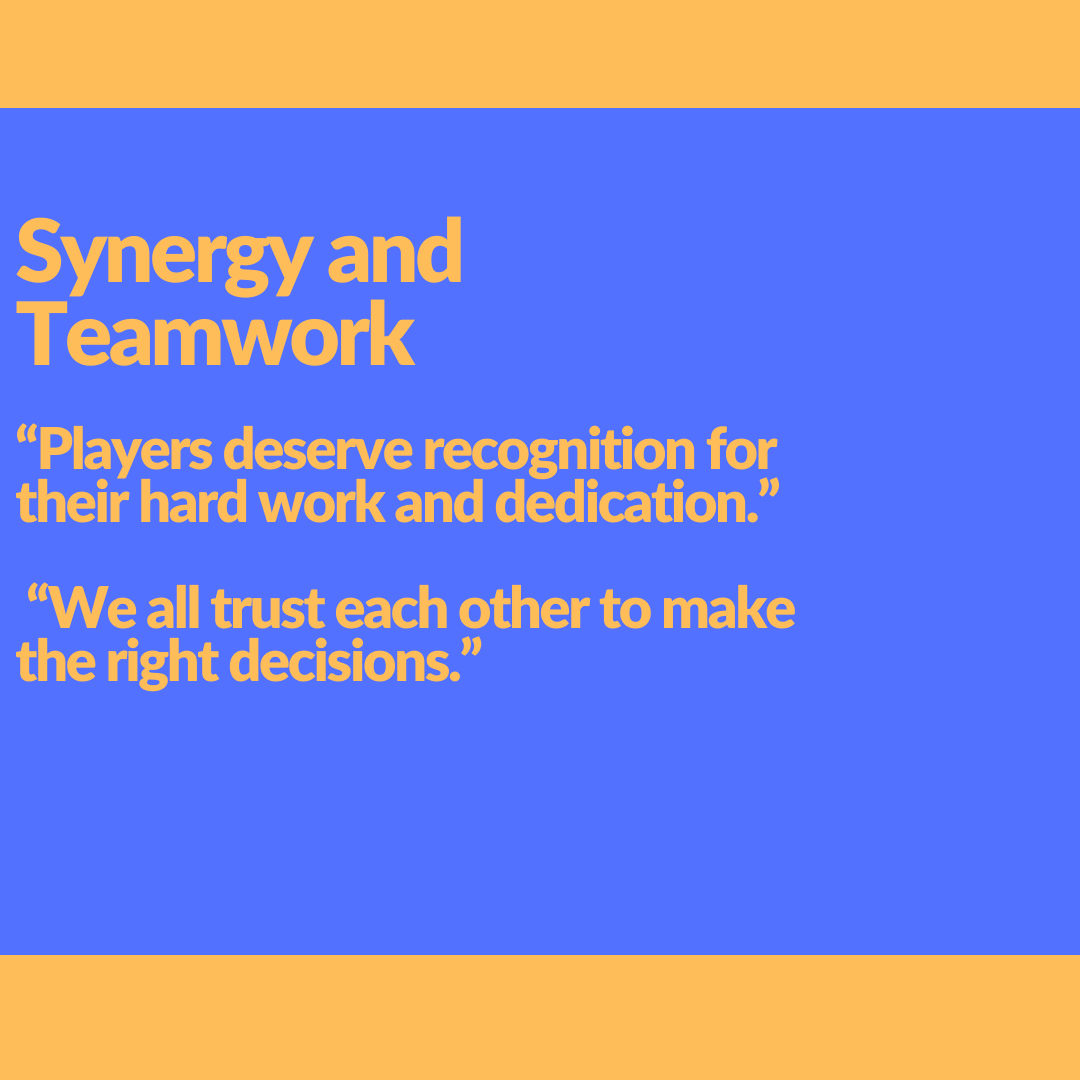By Becca Andrews
[email protected]
August 26, 2015
On June 26, the Supreme Court decided by a 5-4 vote that same-sex marriage is a right guaranteed by the Constitution, nullifying individual state bans on gay and lesbian unions.
The news of the landmark decision was met by widespread celebration by those fighting for gay rights. UNC Asheville freshman Kari Lumsden, a Greensboro native, said she was happy about the decision.
“I heard it through friends, I believe. I was severely excited,” Lumsden said. “When I heard it from one friend I immediately was like, ‘Oh my God, it’s a turn of the century thing. I’m going to tell all my other friends, I’m going to call each and every one of them.’”
The court’s decision grants many rights to same sex couples that were previously unavailable. When Amendment One, a ban on same-sex marriage, was still in effect in North Carolina, classics professor Sophie Mills said she and her partner had to go to lawyers to have documents such as wills made to ensure certain rights that marriage now guarantees.
“It was a quite expensive thing to do. Now people will get all that without having to put down hundreds of dollars on a lawyer,” she said. “We were lucky that we had the resources to do it.”
Before the Supreme Court decision, Mills and her partner were not able to file taxes jointly, share health care, home owners insurance or benefit from one another’s Social Security. Immigrating to the U.S. for work would have been much easier had she been able to get a green card through marriage, said Mills.
“There’s a lot of intersections between immigration and LGBTQ issues,” Mills said. “Now we can go through immigration together as family members, which we couldn’t before.”
Discrimination against same-sex couples persists in several states. USA Today reported that some couples in Texas and Alabama are being denied marriage licenses because they conflict with the religious beliefs of county clerks.
“I think a very good logical argument could be made about separation of church and state, and about following the law. Laws do change and they are, by law, obliged to do this thing,” Mills said. “If you were terrified of flying you wouldn’t become an airline pilot. We all make choices about what’s good for us and if they care that much, they should step out of the marriage business altogether.”
The ruling in favor of marriage equality is seen as a step forward in a long road for gay rights. UNCA Alliance president, Val Cruchon, said Alliance members are thrilled about the progress made, but there are still issues to deal with.
“I think the next step needs to be us looking at homeless youth, the sort of things that need attention now,” said Cruchon, a junior women’s, gender and sexuality studies major from Autryville, North Carolina. “I’m happy, I’m excited, but when we have 10-to-16-year-old kids on the street with no family, no shelter, no food, where are our priorities? That sort of thing needs to be at the top of the list. You have kids who have been kicked out of their homes, kids who are abused and have run away from home, but 40 percent of youth that are homeless are LGBTQ identified. That’s an astounding percentage. There shouldn’t be any youth on the streets.”
Creating a safe, supportive environment for the people of the community, where they can ask for help, is a possible solution, Cruchon said. UNCA Alliance often works with Youth Outright, an organization dedicated to empowering and providing resources for LGBT+ youth of ages 14-23 in western North Carolina. Providing education about the community and issues within it, especially pertaining to trans-rights, is another goal of UNCA Alliance.
“For me, I hate going to the doctor’s. We need to get that training for more health providers on how to work with Trans people and their particular situation,” Cruchon said. “I’ve met doctors who are like, ‘I don’t understand what is that? What do you mean hormone replacement therapy?’ Shouldn’t you know this sort of thing?”
Trans rights are sometimes disputed even within the LGBT+ community. The fight for marriage equality often overshadowed other aspects of the community, Cruchon said.
“They think if we get this then it will be fine because then everyone will be okay with the whole community. But then we see backlash with Caitlyn Jenner and Laverne Cox. It’s just sad because it’s the same people you see that say ‘Yay, marriage equality,’ that say ‘Ew, Caitlyn Jenner.’ You would think that in the LGBTQ community they would understand wanting of the same rights, the same playing field, wanting to be seen as just another person.”
Nevertheless, lifting the ban on same-sex marriages is seen as a step in the right direction. The next generations, having grown up with legal gay marriage will see it as normal, part of the fabric of society, Mills said.
Cruchon agrees that the next generations will be more progressive and provide some advice to those questioning who they are in light of the recent law changes.
“Be OK with yourself. Be prepared to not necessarily like what you find out about yourself. Give yourself time to work with yourself,” Cruchon said. “Don’t restrict yourself to a certain label. Don’t worry about what anyone says. You don’t have to tell anyone, you don’t have to come out. As long as you, yourself, can work through your own identity and come to a consensus of who you are and want to be, who cares what anyone else thinks?”
Categories:
Love Wins: Marriage Equality
August 31, 2015
0
More to Discover



















